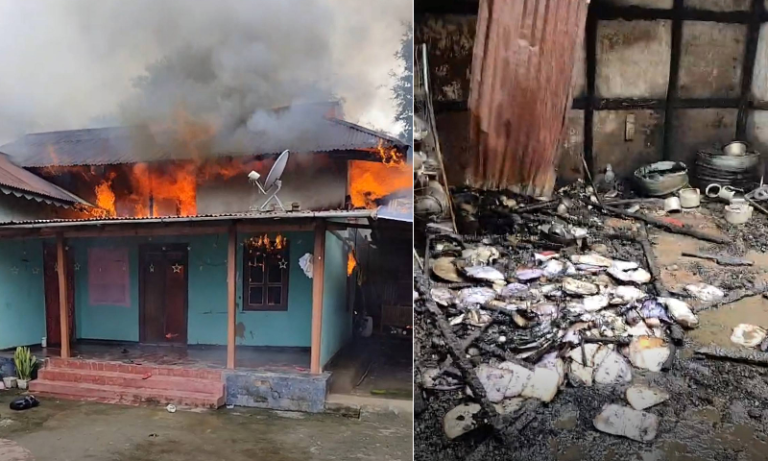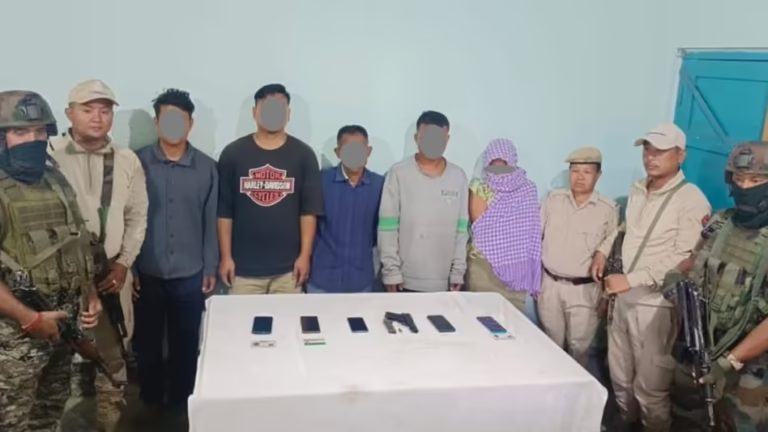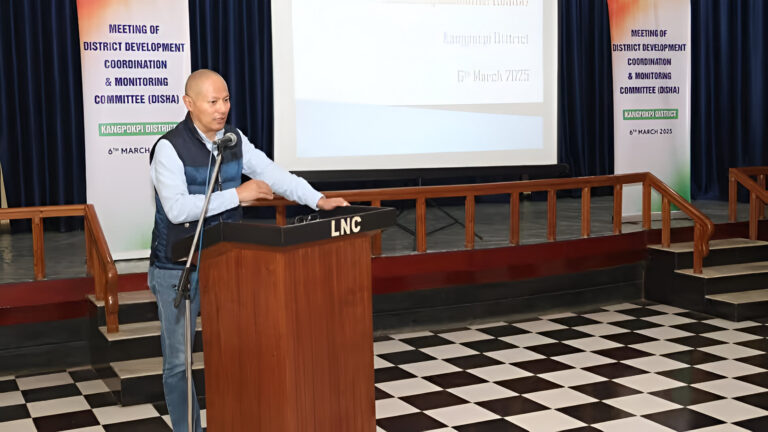Manipur Police Seizes and Disposes Large Quantity of Illicit Liquor Bottles in Churachandpur
In a significant crackdown on illegal alcohol distribution, the Manipur Police seized and destroyed a substantial quantity of illicit liquor in Churachandpur district. This operation underscores the state’s commitment to enforcing prohibition laws and curbing the proliferation of unauthorized alcohol sales. The confiscated liquor was disposed of in accordance with legal procedures, reflecting the authorities’ dedication to maintaining public health and safety.
The Battle Against Illicit Liquor in Manipur: A Comprehensive Overview
Introduction
Hey there! Ever wondered about the challenges states face in enforcing prohibition laws? Manipur, a state in northeastern India, has been grappling with the issue of illicit liquor for years. Despite the Manipur Liquor Prohibition Act of 1991, which bans the sale and consumption of alcohol, the underground liquor market has thrived. Let’s dive into the complexities of this issue, the recent crackdown in Churachandpur, and what it means for the state’s future.
The Manipur Liquor Prohibition Act: A Brief History
Back in 1991, the Manipur government enacted the Manipur Liquor Prohibition Act, aiming to curb alcohol consumption due to its adverse social and health impacts. The law prohibits the manufacture, sale, and consumption of liquor in the state, with certain exceptions for specific communities and purposes. However, enforcing this prohibition has been an uphill battle, with illicit brewing and smuggling becoming rampant.
The Churachandpur Operation: A Closer Look
On January 18, 2025, the Manipur Police conducted a significant operation in Churachandpur district, seizing and disposing of a large quantity of illicit liquor. This action was part of a broader initiative to enforce the state’s prohibition laws and dismantle the networks involved in the illegal alcohol trade. The seized liquor was destroyed following legal protocols, demonstrating the authorities’ commitment to upholding the law and protecting public health.
The Illicit Liquor Market: Why Does It Persist?
You might wonder, if alcohol is banned, why does the illicit market continue to thrive? Several factors contribute to this persistent issue:
- Cultural Practices: In many communities, alcohol consumption is intertwined with traditional rituals and social gatherings, making complete abstinence challenging.
- Economic Incentives: The production and sale of illicit liquor provide a source of income for many, especially in areas with limited economic opportunities.
- Accessibility: Illicit liquor is often cheaper and more readily available than legal alternatives, appealing to a broad consumer base.
Health Risks Associated with Illicit Liquor
Consuming illicitly produced alcohol isn’t just illegal; it’s downright dangerous. Unregulated production methods can lead to contamination with toxic substances like methanol, which can cause severe health issues, including blindness and even death. Moreover, the lack of quality control means consumers have no way of knowing the potency or purity of the alcohol they’re ingesting.
Government Initiatives and Public Response
The Manipur government has undertaken various measures to combat the illicit liquor trade, including:
- Law Enforcement Operations: Regular raids and seizures, like the recent one in Churachandpur, aim to disrupt the supply chain of illegal alcohol.
- Public Awareness Campaigns: Educating the populace about the dangers of consuming illicit liquor and the legal repercussions of participating in its trade.
- Community Engagement: Collaborating with local leaders and organizations to promote alternative livelihoods and reduce economic dependence on the illicit liquor market.
Despite these efforts, the public’s response has been mixed. While some support the prohibition for its intended social benefits, others criticize it for driving the alcohol trade underground, leading to unregulated and unsafe consumption practices.
The Road Ahead: Balancing Enforcement and Reality
Enforcing prohibition in Manipur is akin to walking a tightrope. On one side, there’s the need to uphold the law and protect public health; on the other, the reality of deep-rooted cultural practices and economic dependencies. A multifaceted approach is essential, combining strict law enforcement with socio-economic development and public health initiatives.
Conclusion
The recent seizure and disposal of illicit liquor in Churachandpur highlight the ongoing struggle Manipur faces in enforcing its prohibition laws. While such operations are crucial, they address only the symptoms of a more profound issue. A sustainable solution requires addressing the root causes—cultural norms, economic needs, and public health education. By adopting a holistic approach, Manipur can hope to mitigate the challenges posed by the illicit liquor trade and move towards a healthier, law-abiding society.
FAQs
- What is the Manipur Liquor Prohibition Act?
Enacted in 1991, this act bans the manufacture, sale, and consumption of alcohol in Manipur, with certain exceptions for specific communities and purposes. - Why does the illicit liquor market persist in Manipur?
Factors include cultural practices, economic incentives, and the accessibility of cheaper, unregulated alcohol. - What are the health risks of consuming illicit liquor?
Risks include poisoning from toxic substances like methanol, leading to severe health issues such as blindness or death. - How is the government addressing the issue?
Through law enforcement operations, public awareness campaigns, and community engagement to promote alternative livelihoods. - Is prohibition effective in Manipur?
The effectiveness is debated; while intended to reduce alcohol-related harm, prohibition has also led to a thriving underground market with its own set of challenges.



